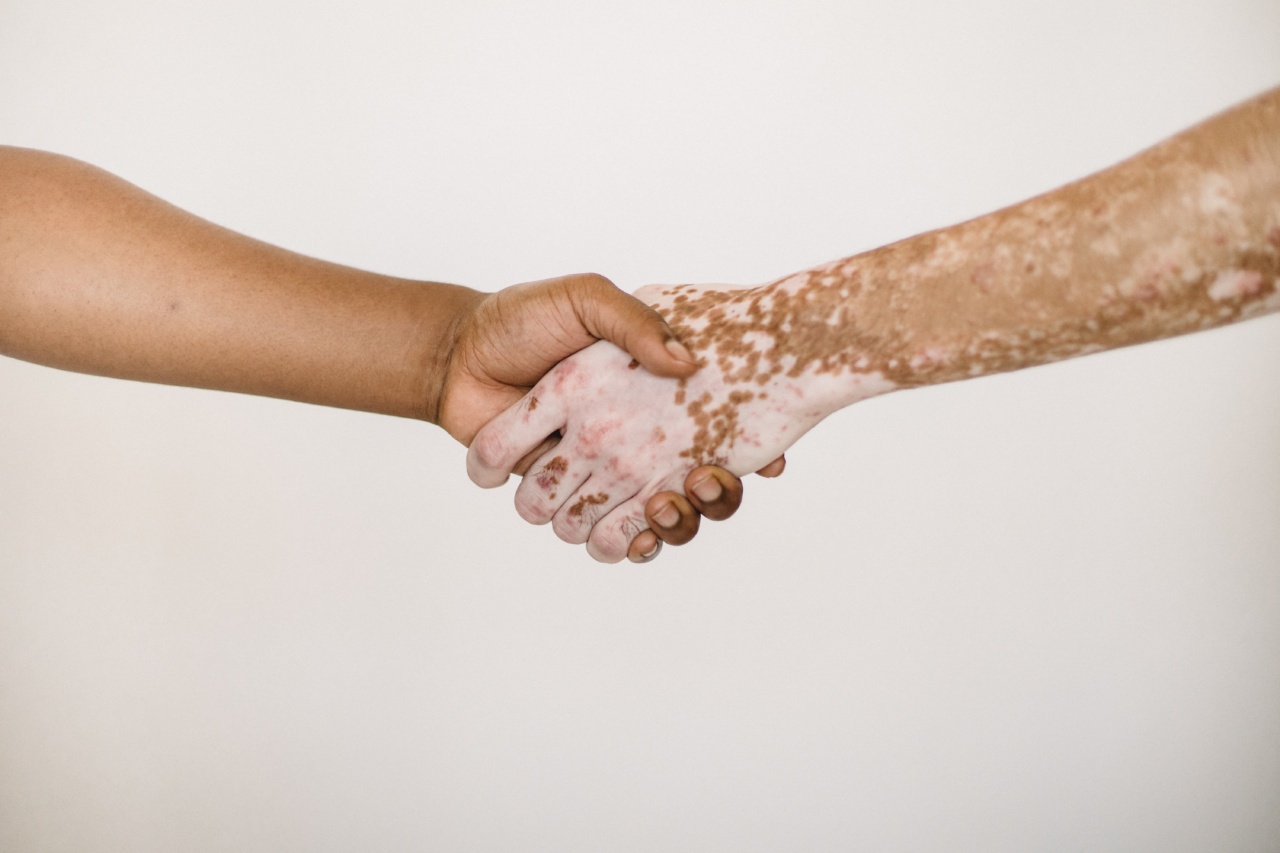Psoriasis is a chronic autoimmune condition that affects the skin and joints of the body.
The disease is characterized by scaly, red, and itchy patches on different parts of the skin, and some people with severe psoriasis may experience joint pain and stiffness. Despite the prevalence of the disease, there are still several myths and misconceptions about psoriasis that may affect an individual’s understanding and management of the condition.
Here are ten common myths about psoriasis that we will debunk in this article.
Myth #1: Psoriasis is Contagious
Psoriasis is not contagious, and it cannot spread from one person to another through touch, sharing personal items, or sexual contact. The disease is caused by the overactive immune system, which triggers inflammation and abnormal skin cell growth.
While it’s not contagious, psoriasis can be hereditary, meaning that some people are genetically predisposed to the condition.
Myth #2: Psoriasis is Just a Skin Condition
Although psoriasis mainly affects the skin, it’s not just a cosmetic issue. The disease involves the immune system and can cause inflammation in different parts of the body, leading to joint pain, fatigue, and other symptoms.
Moreover, people with psoriasis may experience a reduced quality of life and stigma due to the visible signs of the disease and the associated social and emotional burdens.
Myth #3: Psoriasis Can Be Cured
There is no known cure for psoriasis, but there are various treatments that can manage the symptoms and improve the patient’s quality of life.
The goal of psoriasis treatment is to reduce inflammation, slow down skin cell growth, and relieve itchiness and pain. Different treatment modalities include topical creams and ointments, phototherapy, systemic medications, and biologic drugs.
However, these treatments only address the symptoms of psoriasis and may not work for everyone, and there is no guarantee that the disease won’t recur after treatment cessation.
Myth #4: Psoriasis Only Affects Adults
Psoriasis can occur at any age and affects both children and adults. About one-third of people with psoriasis develop the condition before age 20, and another third develop it before age 30.
Childhood psoriasis may present differently than adult psoriasis, and it may require specialized care and management from a dermatologist or a pediatrician.
Myth #5: Psoriasis is Caused by Poor Hygiene or Diet
Contrary to popular belief, psoriasis is not caused by poor hygiene or a specific dietary intake. The disease has a complex and multifactorial etiology, involving genetic, immunologic, and environmental factors.
While certain lifestyle factors may aggravate psoriasis symptoms, such as stress, smoking, alcohol consumption, and obesity, they are not the direct cause of the condition.
Myth #6: Psoriasis Always Looks the Same
Psoriasis can take different forms and affect different parts of the body, depending on the type and severity of the disease.
Common psoriasis types include plaque psoriasis, guttate psoriasis, inverse psoriasis, pustular psoriasis, and erythrodermic psoriasis. Each type of psoriasis has distinct symptoms and features, and it may require a different treatment approach.
Myth #7: Psoriasis Will Go Away on its Own
Without adequate treatment, psoriasis symptoms may persist and worsen over time.
Although there may be periods of remission of the disease, during which the symptoms subside or disappear, psoriasis is a chronic condition that requires ongoing management and monitoring. Delaying treatment or ignoring the symptoms of psoriasis may lead to irreversible skin damage, joint deformities, and other complications.
Myth #8: Sun Exposure is Good for Psoriasis
While sunlight exposure can alleviate psoriasis symptoms, it should be done with caution and under medical supervision. Overexposure to sunlight or ultraviolet radiation can cause sunburn, skin aging, and increase the risk of skin cancer.
Additionally, some medications used to treat psoriasis can increase the sensitivity to sunlight and lead to adverse effects. Therefore, it’s essential to use sun protection measures, such as sunscreen, hats, and sunglasses, and limit sun exposure during peak hours.
Myth #9: Psoriasis is a Rare Condition
Psoriasis is a common disease, affecting about 2-3% of the world population. In the United States, approximately 7.5 million people have psoriasis, and about 150,000 new cases are diagnosed each year.
Psoriasis can affect people of any race, gender, or age and may lead to significant impairment of daily activities, work, and social life.
Myth #10: Psoriasis is a Sign of Poor Mental Health
While psoriasis can cause emotional distress and anxiety, it’s not an indication of poor mental health or weakness.
The psychological impact of psoriasis is widespread, and some people may experience depression, low self-esteem, and social isolation due to the stigma and misunderstanding of the condition. Therefore, it’s essential to address the mental health needs of people with psoriasis, alongside their physical health, and offer them the support and resources they need to cope with the disease.
Conclusion
Psoriasis is a complex and chronic autoimmune disease that affects millions of people worldwide. Despite its prevalence, there are still several myths and misconceptions about psoriasis that may hinder proper management and treatment of the condition.
By debunking these myths, we can promote a better understanding of psoriasis and help people with the disease live a healthier and fulfilling life.































